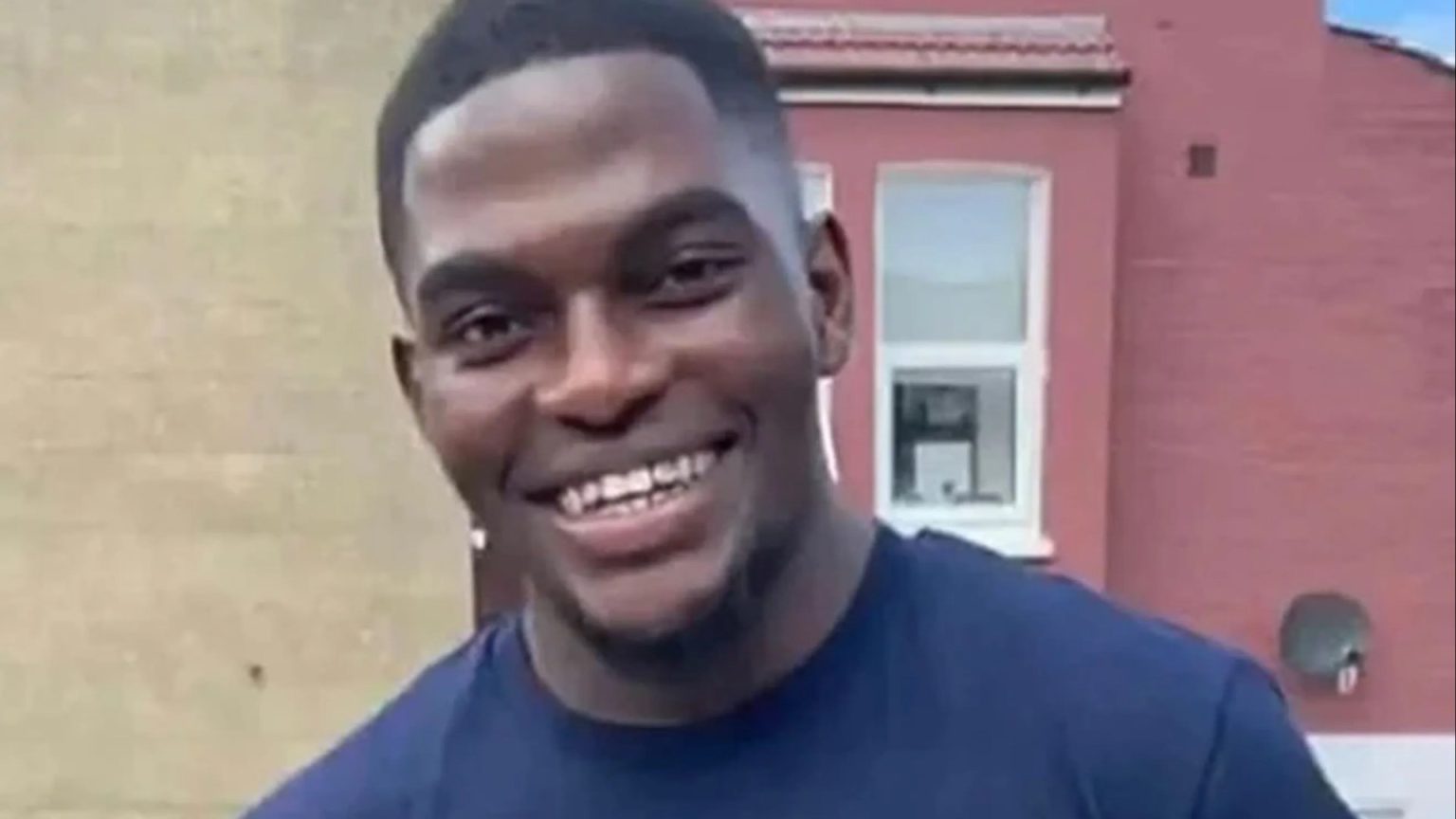The acquittal of Metropolitan Police officer Martyn Blake in the fatal shooting of Chris Kaba has ignited a controversy surrounding the Crown Prosecution Service’s (CPS) decision to pursue murder charges. A jury at the Old Bailey deliberated for a mere 16 minutes before clearing Sgt. Blake, a stark contrast to the officially recorded deliberation time of three hours and 24 minutes, which included a lengthy lunch break. This rapid verdict has fueled criticism of the CPS, with some alleging that Sgt. Blake was used as a scapegoat to appease political pressures following the high-profile incident. The shooting occurred in September 2022 in South London, where Sgt. Blake fired through the windscreen of a car, killing 24-year-old Kaba.
The brevity of the jury’s deliberation raises questions about the strength of the prosecution’s case. Critics argue that the CPS should have foreseen the likely outcome given the evidence presented. Former Met armed officer Tony Long, who himself was acquitted of murder in a separate incident, echoed this sentiment, stating that the speed of the verdict underscores the questionable nature of the prosecution. He called for a review of the CPS’s decision-making process, suggesting a potential disconnect between the available evidence and the decision to pursue such a serious charge. This case highlights the complex intersection of law enforcement, public pressure, and judicial process, raising concerns about the potential for politically motivated prosecutions.
The controversy extends beyond the courtroom, spilling into the media landscape. The BBC faced criticism for its documentary on the Chris Kaba case, accused of portraying Kaba in a biased light. The documentary reportedly referred to Kaba as “unarmed,” despite his involvement in a prior incident where he rammed a police car. This omission of crucial contextual information fueled accusations of a slanted narrative, further complicating the public’s understanding of the events leading up to the fatal shooting. The media’s role in shaping public perception of such sensitive cases underscores the importance of balanced and factual reporting, especially when dealing with complex legal and social issues.
The Kaba case also raises broader questions about the use of lethal force by police officers. While the jury’s swift acquittal suggests they believed Sgt. Blake’s actions were justified under the circumstances, the incident itself highlights the inherent risks involved in armed policing. The split-second decisions officers must make in high-pressure situations can have life-altering consequences, necessitating rigorous training, clear protocols, and thorough investigations when lethal force is employed. The public demands accountability and transparency in such cases, and the Kaba shooting has reignited the debate on how to balance the need for effective law enforcement with the protection of individual rights.
Furthermore, the case underscores the complexities of prosecuting police officers. The inherent power dynamics and public scrutiny involved in such cases often create a challenging environment for both the prosecution and the defense. Balancing the need to uphold the law and hold officers accountable with the recognition of the difficult and dangerous nature of their work is a delicate balancing act. The Kaba case highlights the need for a robust legal framework that ensures both justice for victims and fair treatment for officers involved in use-of-force incidents. This includes comprehensive investigations, independent oversight, and clear guidelines for when and how lethal force can be used.
Finally, the aftermath of the Kaba shooting and the subsequent trial underscores the deep divisions within society regarding policing and race relations. The incident has become a flashpoint for discussions about racial bias in law enforcement, with some arguing that Kaba’s race played a role in the events leading up to his death. While the jury’s verdict focused on the specific actions of Sgt. Blake, the broader societal context surrounding the case cannot be ignored. The Kaba case serves as a stark reminder of the ongoing need for dialogue and reform to address systemic issues related to race and policing, and to build trust between law enforcement and the communities they serve. It calls for a deeper examination of police training, community engagement, and accountability mechanisms to ensure that tragic incidents like the shooting of Chris Kaba become less frequent.


